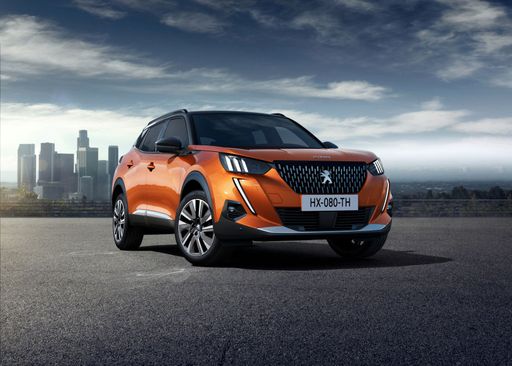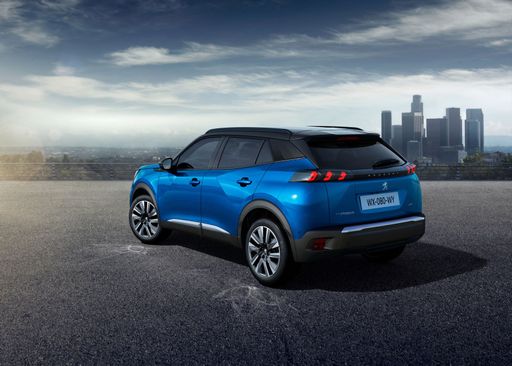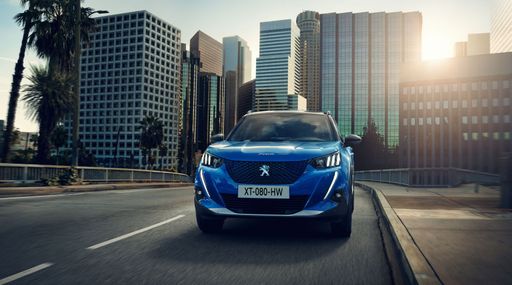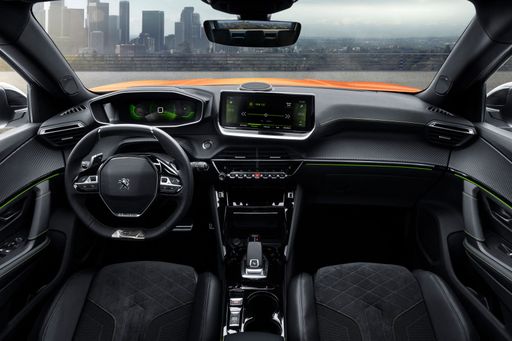Hyundai Tucson vs. Peugeot 2008: A Battle of Compact SUVs
In the thriving world of SUVs, the new Hyundai Tucson and Peugeot 2008 stand out with their innovative technologies and unique offerings. Both vehicles promise exceptional performance, comfort, and design, but which one truly delivers on its promises? Let's dive into the specifics and see which of these compact SUVs comes out on top.









